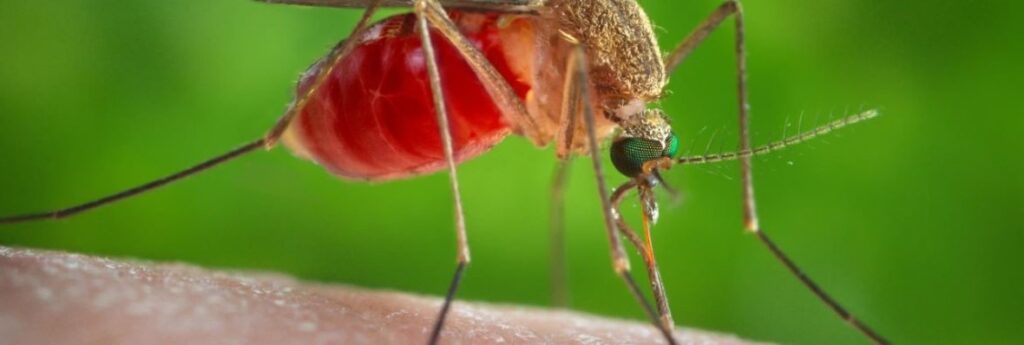Canada has updated its health advisory on Oropouche virus disease (OVD) – otherwise known as “sloth fever” – amidst an increase of outbreaks in the Americas, including Brazil, Bolivia, and Cuba. The update further warns that outbreaks have been spreading to regions where the midge and mosquito-borne disease hasn’t been seen before.
It also says that number of individual cases is now higher than expected and that there have been several travel-related cases of OVD reported internationally, the majority of which were in travellers returning from Cuba. They include more than 20 cases of the disease reported in the US over the past few months.
The government further warns that there are concerns that Oropouche virus “can be transmitted from a pregnant person to their unborn baby, with negative pregnancy outcomes, including stillbirth and possibly congenital microcephaly (impaired head/ brain development).
It advises, “Until more evidence is available, pregnant people travelling to affected destinations are advised to strictly follow the bug bite prevention recommendations and to discuss the risks of their travel plans with their health care provider.”
The CDC in the US goes further and has recommended that pregnant women avoid non-essential travel to Cuba.
Symptoms and treatment
Symptoms usually start three to eight days after the bite of an infected insect and most commonly include fever, severe headache, chills, muscle pain, joint pain; they could also include
nausea, dizziness, vomiting, sensitivity to light, pain behind the eyes, and some people may also experience a rash.
Some patients suffer recurring symptoms, and one in 20 can suffer more severe symptoms like bleeding, meningitis and encephalitis. It is rarely fatal, though there are recent reports of deaths in two healthy young people in Brazil.
There is no specific treatment for OVD and there are no preventive vaccines.
The best strategy for prevention, the Canadian advisory says, is to limit bug bites through the use of insect repellent and cover-up clothing; avoid activities where mosquitos and midges are present; and use netting at night where possible.

